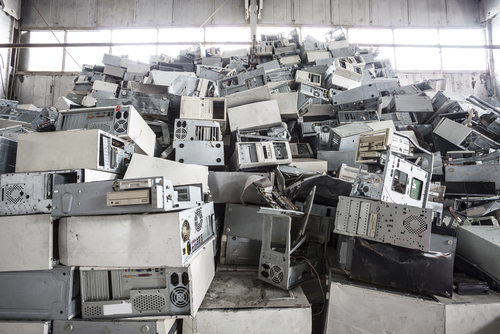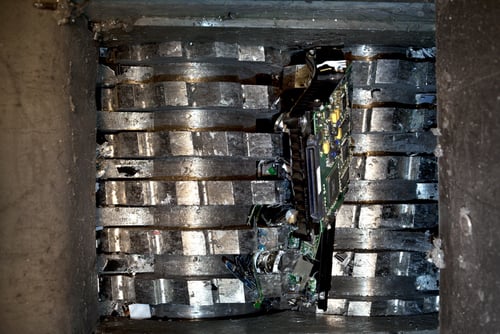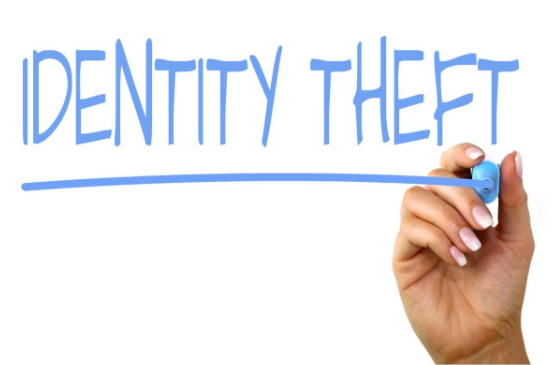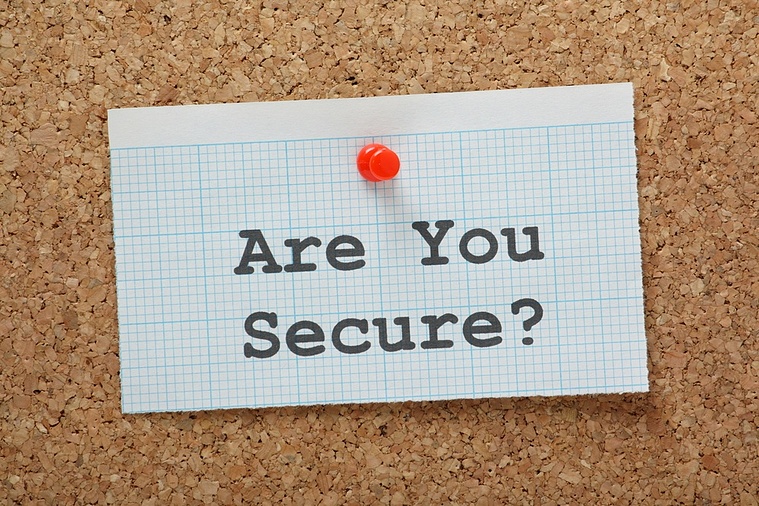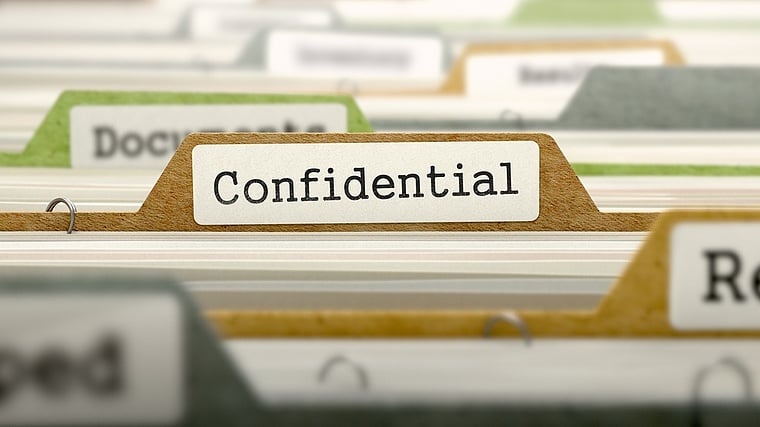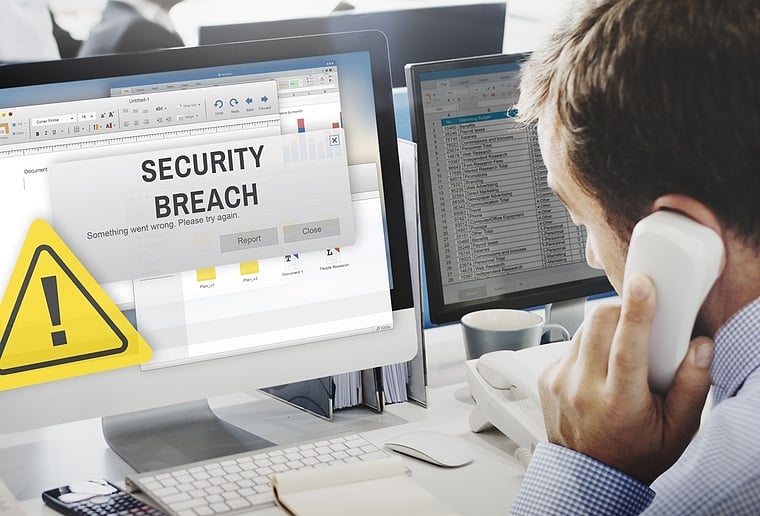Before hauling all of the documents in, go through them and remove those you are not required to keep. You can have them shredded before hauling those heavy boxes into the office.
Carolina Shred Knowledge | Identity Theft
identity-theft
Just like people, technology goes through its cycles and gets old. Having the right computer recycling or technology disposal practices in place can save you a few headaches down the line. How many times have offices taken a hard drive program, think they wiped the computer clean and given it to another employee and all the old employee’s information was still there? The same can happen when attempting to wipe hard drives clean.
As a business, it is vitally important to protect your information. Any information collected or transferred from using a computer is in jeopardy. Upgrading your computer hardware from time to time is necessary. There are multiple ways people use to get rid of a hard drive, but that doesn’t mean they are doing enough to get rid of the information.
If you associate tax season with identity theft season, you're right on the money. From online hacks to garbage sifting, this is the time of year when everyone's personal information is flying around in nearly every direction. The good news is that you can likely shred more documents than you think this year. If your bank keeps track of all your statements online, there's no need to keep years worth of paper in your file cabinets. When you shred your documents, you open the door to more space in your home and less proverbial clutter in your brain. Just the presence of unnecessary information can cause you to feel stressed, and that's before you even go through it all! We'll look at document destruction and how it can help you simplify your taxes.
You may be looking into ways to prevent identity theft, including credit monitoring. While you might have a credit monitoring account, shredding is the safest, most cost-effective and best identity theft protection that you could use. If your documents are shredded, no one will be able to get their greedy hands on your personal information. Once you start shredding your documents, you will have less use for credit monitoring, though it is still a good idea to have that, especially if you have never destroyed personal information before.
People throw junk mail and other papers away without thinking twice about what information could be gleaned from those documents. Your address is a big piece of the puzzle when someone is trying to steal your identity. As part of identity theft prevention, you should shred any piece of paper with your address, phone number or other identifying information on it.
Over 17 million Americans fall victim to identity theft every year. Every day, you hear about some high-profile corporation having security breaches or a scenario that could lead to an identity theft nightmare. If major department stores, large corporations, political parties and even the USPS can be hacked, you can be hacked too. Protect yourself and protect your business from identity theft by taking certain actions to protect your personal information or to protect company data from identity thieves.
If confidential business information gets into the wrong hands, a business could fail. Or, it could suffer at the hands of criminals. Keeping business, employee and management information under lock and key and only available to those who need to know the information is just one of the ways to prevent your data from falling into the wrong hands. Learn how to keep these 5 examples of confidential information in the office away from the wrong people.
Shredding documents is an important step in securing your personal data or, if you own a business, your customers' personal data. Shredding hard drives is also a step in protecting personal and confidential data, though most people do not think about shredding hard drives – they just throw the computer away.
Now that many companies have an online presence, especially payment gateways online, data breaches are imminent. As software companies come up with software to stop, hackers and spammers find more ways around getting through the information. Keeping your data protected takes a major part of a company's resources. To prepare for data breach, you should take steps to beef up your digital security while at the same time, ensuring that non-digital information is also safe, a knowing the risks and threats of company data.
Though taxes aren't due until mid-April, many people do their taxes early. The first quarter of the new year is a haven for identity thieves because people do not think of shredding old tax documents or copies of documents that have personal information on them, including your social security number. Reduce your chances of becoming an identity theft victim by properly shredding important documents, including tax documents.

